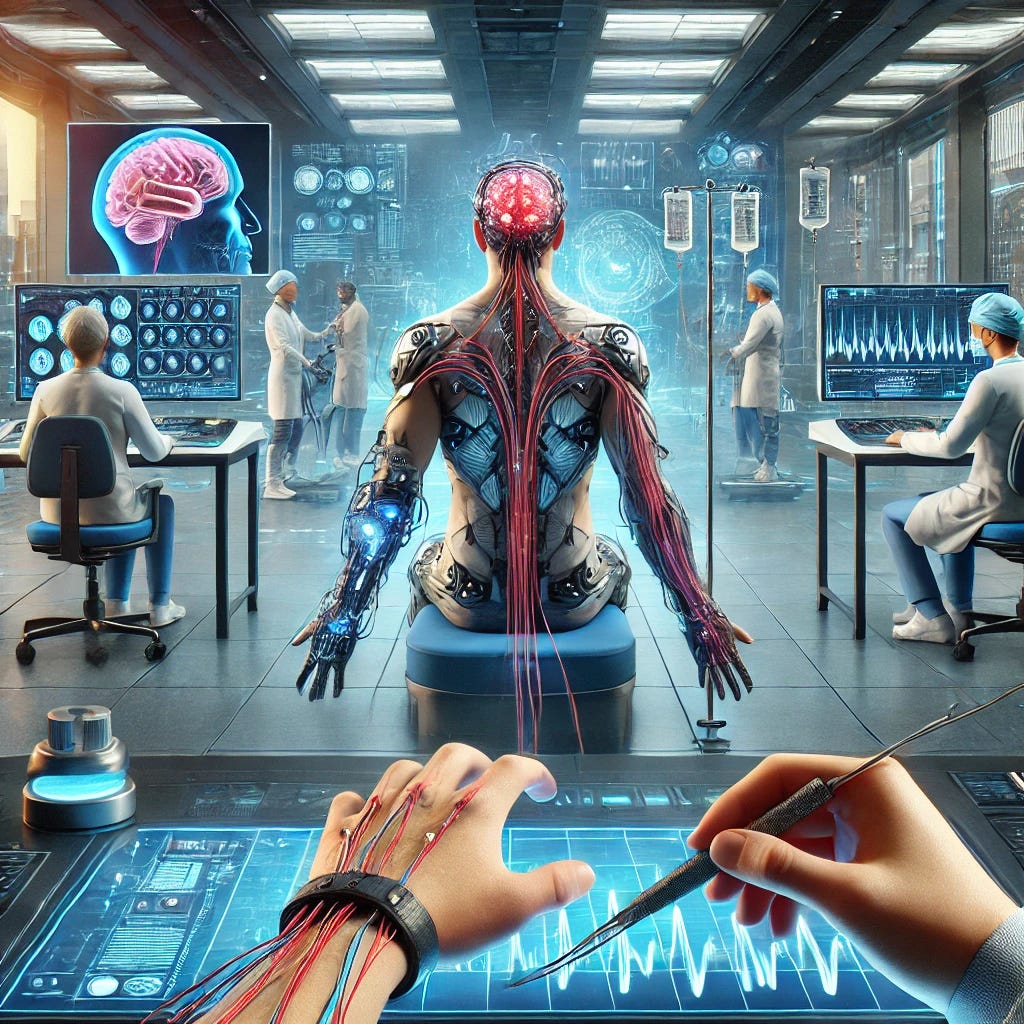Deep Brain Stimulation May Offer New Options for Stroke Survivors
A new study shows immediate motor function recovery in brain injury patients using advanced brain stimulation techniques.
Topline:
A groundbreaking study reveals that deep brain stimulation (DBS) can immediately enhance arm and hand function in patients with motor deficits due to stroke or traumatic brain injury. This research offers promising new avenues for rehabilitation.
Study Details:
Researchers from the University of Pittsburgh conducted an innovative study exploring h…
Keep reading with a 7-day free trial
Subscribe to Just Healthcare to keep reading this post and get 7 days of free access to the full post archives.


